White House officials told agencies to prepare furlough notices in addition to any reductions-in-force they issue. Alex Wong/Getty Images
 By Eric Katz,
By Eric Katz,
Senior Correspondent
Federal employees have been asking a lot of questions since the White House put out guidance this week suggesting large swaths of them would face layoffs under a government shutdown if one occurs next week.
So far the answer many of them are getting is: we are planning to send you home without pay, but only until the shutdown ends. That is to say, agency officials are telling employees they will face their normal shutdown furloughs, but not reduction-in-force notices.
“We were told we won’t be RIF’d, regardless of whether we have to work,” said one General Services Administration employee, whose office is typically furloughed during a funding lapse.
Current federal spending is set to expire first thing Wednesday morning and lawmakers appear to be far divided on a plan to avert a shutdown at that time. The House has in a largely party-line vote passed a stopgap funding bill to keep agencies open through Nov. 21, but Democrats have to date blocked that measure from proceeding in the Senate.
The White House’s Office of Management and Budget upended normal shutdown planning this week when it issued a memorandum that instructed agencies to implement mass layoffs of their workforces if Congress fails to act before the deadline. Specifically, OMB said, agencies should prepare reduction-in-force notices for all employees whose work is funded directly through annual appropriations and does not align with President Trump’s priorities.
Many federal employees told Government Executive they have yet to hear any guidance on implementing that memo or to prepare for a shutdown, which they called unusual at this stage in the process. OMB itself has already begun holding preparatory calls with agency leaders in advance of a potential shutdown.
Those who have heard from their leadership teams, however, largely echoed the message delivered at GSA.
An employee at the Bureau of the Fiscal Service within the Treasury Department, for example, said Commissioner Tim Gribben, a long-time career employee, treated the memo “as more of political theater” than actual guidance during an agency-wide town hall on Thursday. He did not directly promise that employees would only face furloughs and not RIFs, but he implied that was the case as the bureau has already lost significant staff through attrition and various incentives pushing workers out.
During most shutdowns, employees whose work is funded by means other than annual appropriations or who are necessary to protect life, protect property or to deliver statutorily mandated benefits are exempted and continue to work—on the promise of delayed pay. All other employees are furloughed and guaranteed back pay when the government reopens. In its new memo, OMB told agencies to prepare furlough notices in addition to any RIFs they issue.
An Interior Department employee at the U.S. Geological Survey said leadership has told staff to prepare for the normal furloughs—which typically impacts a slight majority of the workforce—but not layoffs. Officials suggested the OMB memo was intended as a scare tactic, the employee said.
Not all agencies are taking that approach. An Agriculture Department official involved in direct communication with OMB was told in no uncertain terms that layoffs would occur on Oct. 1 if Congress fails to keep the government open. All mandatory programs would continue, the official was told, and employees on the discretionary side—even those necessary to keep the mandatory programs running—would be let go.
“They want people to feel the impact of the shutdown,” the official recalled being told by leadership, with “they” referring to the administration and “people” referring to the American public.
Senate Minority Leader Chuck Schumer, D-N.Y., and other Democratic leaders have said they will not allow the spending bill to pass without Congress addressing certain health care premiums set to increase at the end of the year. They have reiterated that they will not be deterred by the Trump administration’s threats. Schumer predicted the layoffs would be overturned in court or subsequently walked back, as the administration has done in limited circumstances throughout government.
“This is an attempt at intimidation,” Schumer said. “Donald Trump has been firing federal workers since day one—not to govern, but to scare. This is nothing new and has nothing to do with funding the government.”
Everett Kelley, president of the American Federation of Government Employees, called on President Trump to negotiate rather than issue threats.
“Federal employees are not bargaining chips,” Kelley said. “They are veterans, caregivers, law enforcement officers, and neighbors who serve their country and fellow Americans every day. They deserve stability and respect, not pink slips and political games.”
